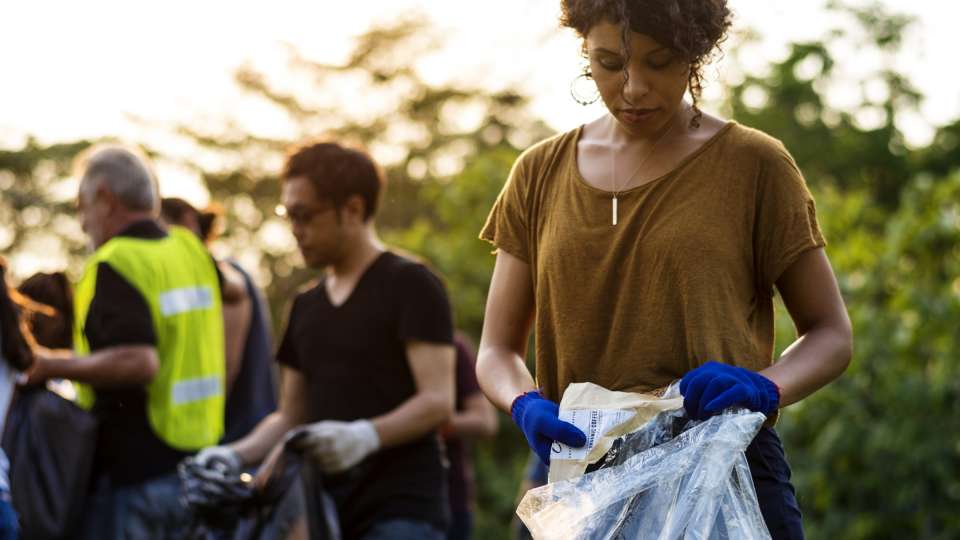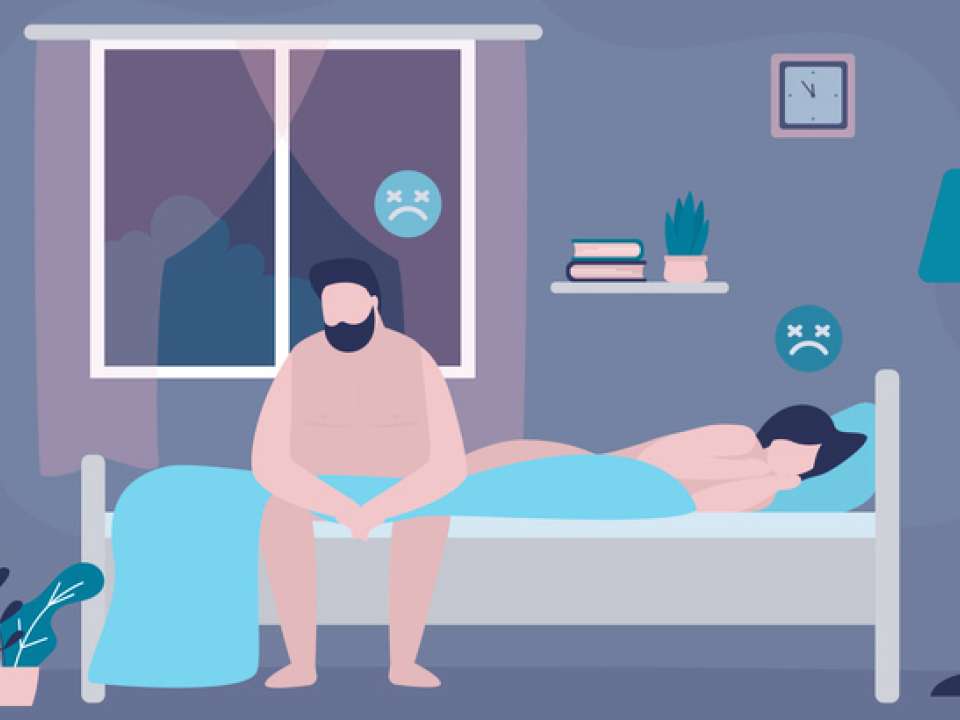Doing Good Is Good for You: The Health Benefits of Volunteering

With the holidays and Martin Luther King Jr. Day of Service in the rearview mirror, you may be thinking about how to give back.
Research shows that volunteering is good for your health and mental well-being, especially for older adults. Volunteers may make better healthcare decisions and use preventative care services more often. Some experts even believe volunteering could prove to be an important public health intervention.
Connecting with others impacts your genes
How, exactly, does helping others benefit our own health? One key factor is the effect it can have on your social life.
“Positive social relationships where people are working toward the same goal are beneficial,” says Noah Snyder-Mackler, Ph.D., a psychologist at the University of Washington who studies how relationships affect gene regulation.
Social interaction is so important that it can literally mean life or death. Studies have shown that people who are more socially connected are less likely to die prematurely. In fact, social isolation is just as detrimental to health as excessive drinking, Snyder-Mackler says.
“Having strong connections with others is on par with the way quitting smoking or drinking affects your health and mortality,” he says.
In this sense, having strong social connections doesn’t mean you have to have dozens of friends or try to turn yourself into an extrovert if you’re naturally more introverted. Longer-term relationships and those that center on giving and receiving support are most beneficial, says Snyder-Mackler. Quality matters more than quantity.
His research has shown that relationships also have a preventative effect on health by countering how your body responds to stress. If you have many or frequent small sources of stress in your life, those stressors can accumulate over time and lead to chronic stress.
Too much stress has been shown to trigger the immune system and create an inflammatory response in the body, Snyder-Mackler says. Low-grade inflammation contributes to a plethora of conditions, from diabetes to heart disease.
“Having strong social relationships actually protects you from the negative impacts of stress and makes you more resilient,” Snyder-Mackler says.
He’s currently researching how social relationships regulate genes involved in inflammatory responses, in the hopes that this effect could be better understood and adapted to help protect people from developing chronic diseases.
One volunteer’s story
For Lauren Slomnicki, a volunteer at Harborview Medical Center, helping others has impacted her health in a big way. Slomnicki was diagnosed with multiple sclerosis at age 13 and, though she held jobs in the past, is currently unable to work due to the disease and receives disability support.
Volunteering has improved both her physical and mental health, she says.
“When I applied for disability, I was really depressed. I thought it meant I was giving up, that I was a burden on society. I’ve gotten to know so many people at Harborview and I’m constantly smiling. I’m in a much better place,” she says.
Slomnicki volunteers at the information desk. She gets to walk around and move a lot, which she says has also helped improve her health. She enjoys the social aspect of volunteering and has built friendships with employees at the hospital.
“Sometimes I have to take a break from volunteering because of my MS, and when people ask me where I’ve been, it’s the most heartwarming thing that they remember me and are looking for me,” she says.
Helping people who are sometimes critically injured—and seeing how so many of them are still optimistic—has also put Slomnicki’s own difficulties into perspective, she says.
“I’ve spoken to people who have been brought back from the dead. Things aren’t perfect in my life, but I’m able to do what I want and be independent,” she says. “Volunteering is empowering to me because, while I know my weaknesses, being able to help people is also a strength for me."

 Healthy ideas for your inbox
Healthy ideas for your inbox





